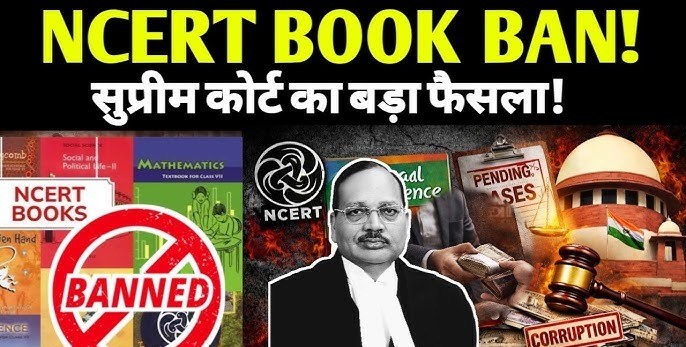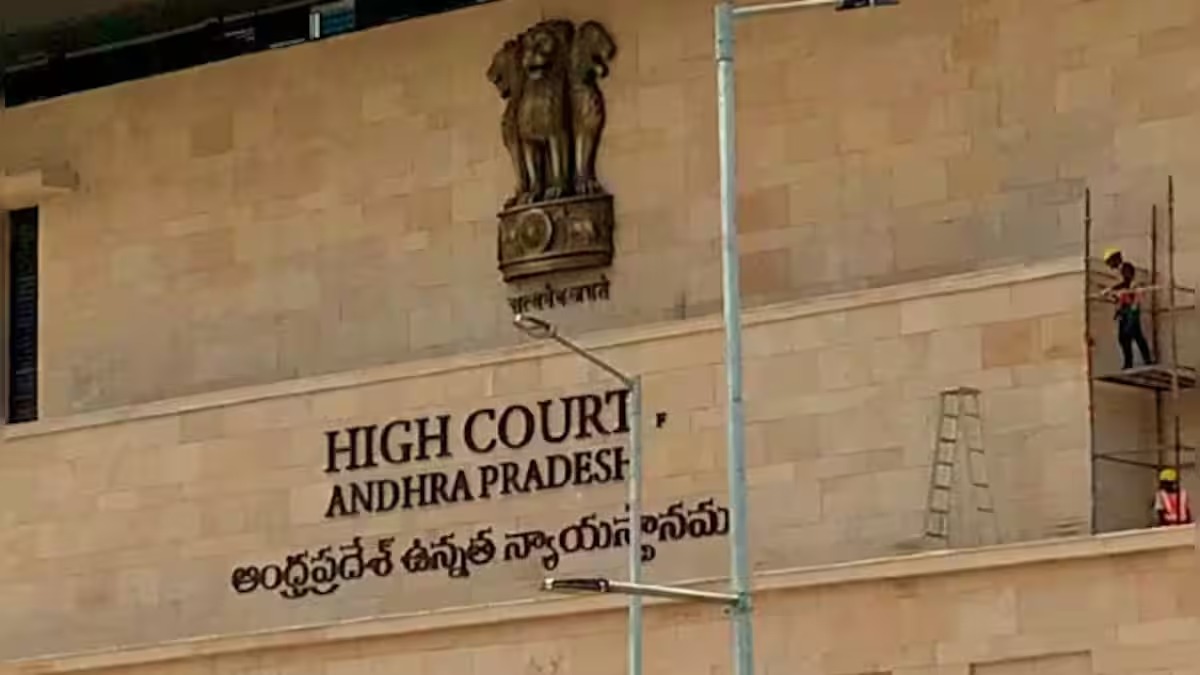Madon, J.@mdashThe respondents are registered as dealers under the Bombay Sales Tax Act, 1959. They have also been certified by the Commissioner of Sales Tax as registered dealers who manufacture cotton fabrics for the purposes of entry 39 in the notification issued by the State of Maharashtra u/s 41(1) of the said Act. During the period 1st January, 1969, to 31st December, 1969, the respondents purchased certain quantities of dyes and chemicals from other registered dealers by giving them declarations in form T to the said notification declaring inter alia that the dyes and chemicals purchased by them were required for use by them in the manufacture of cotton fabrics for sale. The dyes and chemicals purchased by the respondents were used by them in the manufacture of cotton fabrics for themselves as also for manufacture of cotton fabrics for others. They were assessed to tax u/s 41(2) of the said Act on the ground that they had committed a contravention of the declarations in form T given by them. Their appeal to the Assistant Commissioner of Sales Tax against the amount of tax so assessed proved unsuccessful. However, in appeal to the Maharashtra Sales Tax Tribunal the Tribunal set aside the order of assessment so far as it related to the imposition of tax on the ground of violation of the declarations in form T. The Tribunal held that no tax could be levied upon them even if the declarations in form T had been contravened because the provisions of sub-section (2) of section 41 read with the said notification issued under sub-section (1) of that section were unworkable, since the precise quantification of the tax to he levied thereunder was not possible, and these provisions were, therefore, unenforceable.
2. This judgment of the Tribunal was delivered along with other second appeals which the Tribunal heard, in two of which the declarations in form T had been contravened by the purchasing dealer by reselling the goods purchased by them instead of using them in the manufacture of goods of the kind specified in the said entry 39.
3. At the instance of the Commissioner of Sales Tax the Tribunal has stated this case and referred the following question to this High Court for its determination :
"Whether, on a true and proper interpretation of section 41(2) of the Bombay Sales Tax Act, 1959, read with the notification issued u/s 41(1) of the said Act, the Tribunal was correct in law in coming to the conclusion that a precise quantification of the tax is not possible thereunder and, therefore, that provision was unenforceable ?"
4. So far as the present reference is concerned, the very basis upon which the assessing authorities and the Tribunal have proceeded is wholly unsustainable in law, that basis being that the respondents have committed a contravention of the declarations in form T given by them by using the dyes and chemicals purchased by them in manufacturing cotton fabrics for others. The condition specified in the said entry 39 reproduced in the said form T does not require that the dyes and chemicals purchased by the dealer must he used for manufacture of cotton fabrics for the purchasing dealers themselves. This High Court has had occasion to consider an identical phraseology occurring in other rules made under the said Act, and it has come to the conclusion that where the words used are "for use by him in the manufacture of goods for sale", what is required is that the goods must he manufactured irrespective of whether the goods manufactured would he of the ownership of the purchasing dealer himself or of the ownership of some others for whom the purchasing dealer has manufactured the goods. These decisions are Commissioner of Sales Tax v. Burmah Shell Refineries Limited [1978] 41 S.T.C. 337 and Commissioner of Sales Tax v. Automatic Engineering Works [1981] 47 S.T.C. 343 (Sales Tax References Nos. 50 and 51 of 1979 decided on 27th February, 1981). The ratio of these two decisions squarely applies to the case before us and, accordingly the respondents had not committed any breach or contravention of the declaration forms given by them and, therefore, the question of assessing them to tax on that basis did not arise. Equally, the question which the Tribunal has considered and determined did not arise for consideration in the case of the second appeal filed by the respondents, and determining the question submitted to us by the Tribunal in this reference would, therefore, be purely academic.
5. Accordingly, we decline to answer the said question and direct the reference to be returned to the Tribunal.
6. The applicant will pay to the respondents the costs of this reference fixed at Rs. 300.
7. Reference returned.

